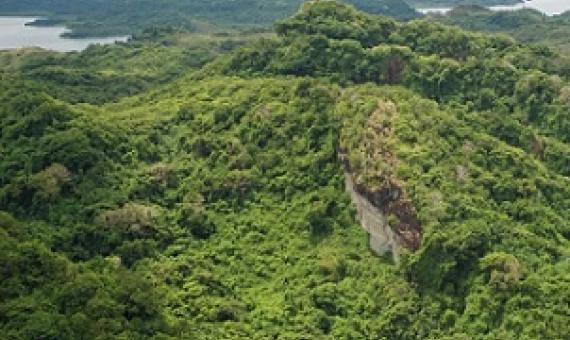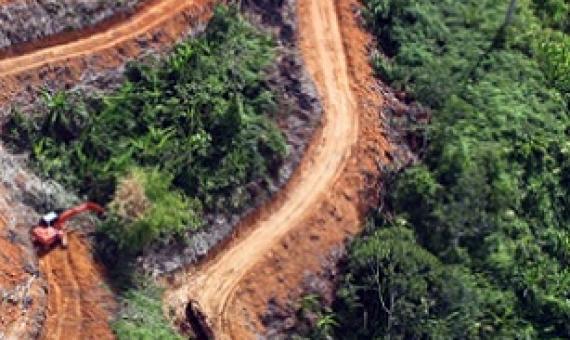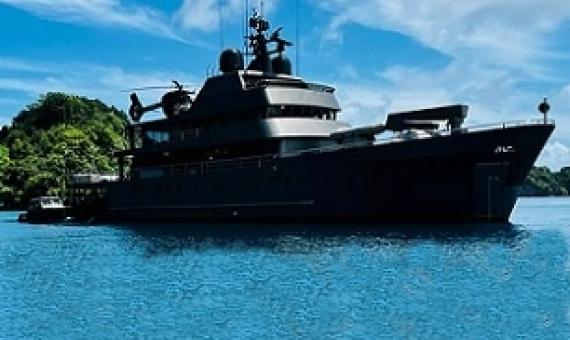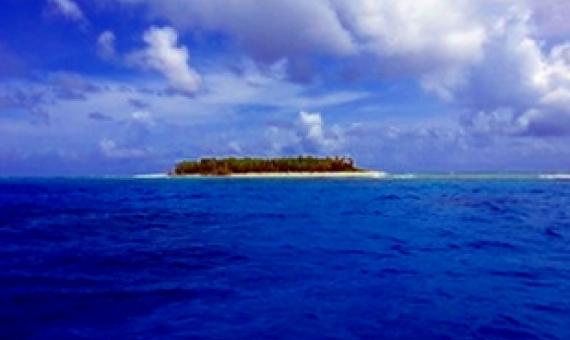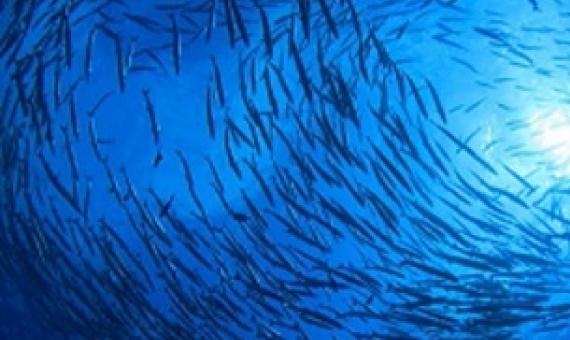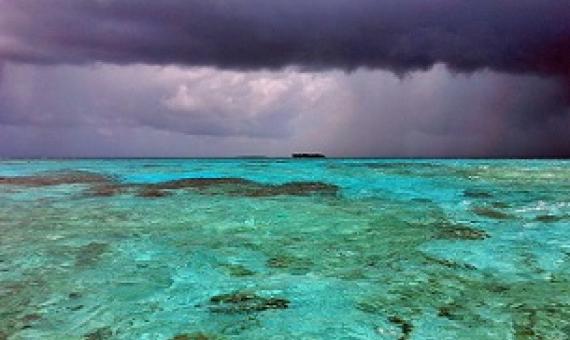To better understand what drives biological diversity on Earth, scientists have historically looked at genetic differences between species. But this only provides part of the picture.
A collaborative study examining forest and vegetation cover changes in Palau from 1921 to 2014 (93 years), on Babeldaob Island, has revealed that forests have increased while mangroves remained stable during this period.
Global collision-risk Hotspots of Marine traffic and the World’s largest Fish, the Whale Shark
Marine traffic is increasing globally yet collisions with endangered megafauna such as whales, sea turtles, and planktivorous sharks go largely undetected or unreported. Collisions leading to mortality can have population-level consequences for endangered species. Hence, identifying simultaneous space use of megafauna and shipping throughout ranges may reveal as-yet-unknown spatial targets requiring conservation. However, global studies tracking megafauna and shipping occurrences are lacking.
A new study published September 8 in Science finds that between 90 and 99% of all deforestation in the tropics is driven directly or indirectly by agriculture.
Small conservation areas are disproportionately important to maintaining biodiversity, according to a recent study. Many small patches, with the same total area as a few large areas, are less likely to see a complete local loss of a species.
News headlines on extreme weather, melting ice caps, and threatened species are daily reminders of our changing environment.
A team of scientists is undertaking coastal marine surveys in Tongan waters to evaluate impacts to coral reefs and fisheries following the Hunga-Tonga Hunga-Ha'apai eruption in January 2022.
Knowledge provided by local stakeholders such as non-governmental organizations, academics, civil servants, journalists, and fishers can be valuable for evaluating the effectiveness of countries' marine protected areas (MPAs)...In a recent paper published in the journal Sustainability
A new study led by ProtectedSeas – an organization aiming to provide open data and monitoring solutions to enhance awareness of and compliance with ocean protection efforts – has found that boaters often cluster along the edges of marine protected areas (MPAs) off the coast of
Research published in Global and Planetary Change examines the trends and projected frequency, intensity and duration of marine heatwaves (MHWs).


